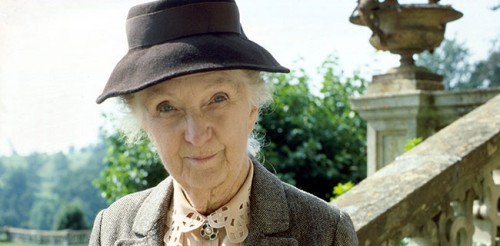From an article in Stuff.co.nz:
New Zealanders may be shy and reserved, but we hold long, personalised funerals for our loved ones, and show far more emotion than Norwegians, Swedes, English and Scots.
Our funerals lean towards the American style, where everything – down to the cup of tea and biscuits afterwards – is organised by a funeral home.
Auckland researcher Sally Raudon, with the assistance of a Winston Churchill Memorial Trust grant, researched death, dying and funerals in New Zealand, and the four other countries.
The results were surprising, given the perceived similarities between the countries, particularly when it came to the time between death and a funeral.
In New Zealand funerals generally happen about three to five days after someone has died.
In England one to three weeks is the norm, and in Stockholm, Sweden, the average interval between death and the funeral is five to six weeks.
And the Swedish do not embalm, she said.
“We embalm almost automatically. That’s because a lot of our funeral directors went to the US in the middle of last century and came back with these techniques to be more professional.”
In New Zealand many people speak, and most ceremonies last about an hour. “When we have a funeral it is not uncommon for someone from the family to talk, maybe a work colleague, someone from a sports club. Sometimes it is like an open mic session. And if it is a young person who has died, it’s common for up to 12 people to talk,” Raudon said.
“Our funerals are very unusual because we focus intimately on the person. New Zealand funerals often bring together all the parts of someone’s life to present a biography.
“We think things like using a celebrant, showing photos of the person and having several people speaking, are normal. But that isn’t what happens in other countries.”
“In Norway and Sweden using photos is frowned on as too personal, and in England they say they don’t have time for that kind of personalisation.
Raudon said there was now a trend in New Zealand at the other end of the emotional scale – direct disposal – where a person could request they be put in a plain casket and taken directly to be cremated, without a funeral service or viewing.
Tamara Linnhoff of the Good Funeral Guide NZ here tells me in an email that “NZ is still way behind the UK in terms of talking openly about funeral wishes and so the vast majority of families make decisions guided by traditional funeral directors.”
Find the Stuff.co.nz article here.

